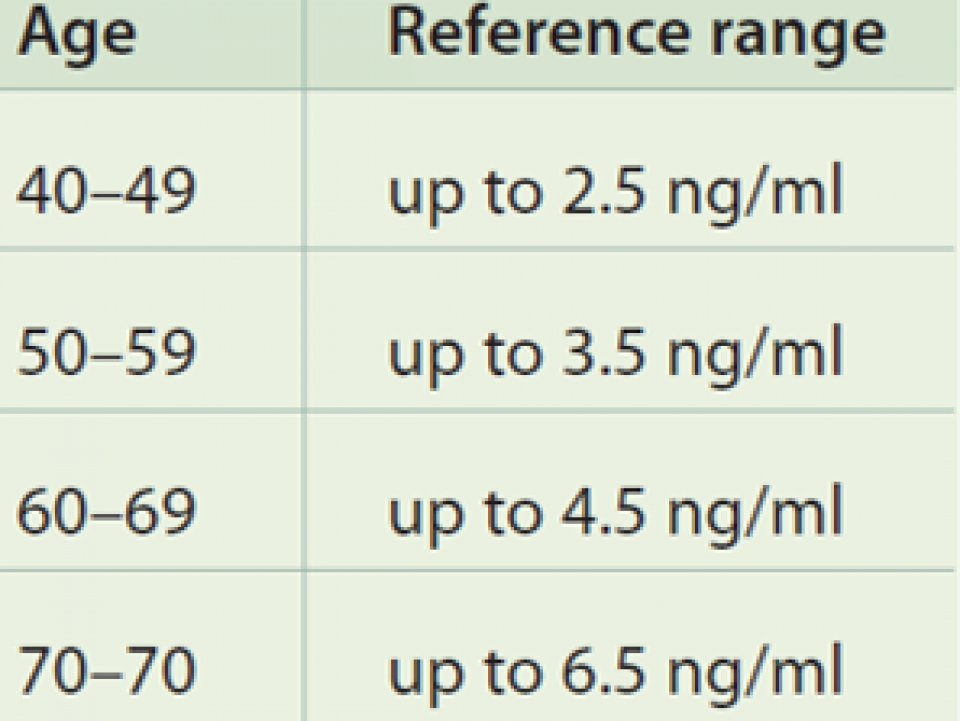A question for every man who reads this page and every woman who knows or loves a man is, when was the last time you had a PSA test for Prostate Cancer?
I recently asked that question to a group of men I had the privilege of addressing on Men’s Health.
Twenty per cent of the men in that room had a PSA test, and half of that 20 per cent had had a PSA test before.
While participating in a Zoom walk recently, one man told a story about his PSA being 6.1 and commented that his doctor said it was in range for his age, and all was good. So, what exactly is PSA?
Prostate Specific Antigen or PSA
PSA (Prostate-specific antigen) is a protein produced by normal and malignant prostate gland cells. The PSA test measures the level of PSA in the blood. A blood sample is sent to a laboratory for analysis for this test.
Age Range Baseline Age-Adjusted PSA Levels ng/mL

The gentleman on Zoom was over 70, and his test result was 6.1, which is within the range for his age.
I suggest that this gentleman find a different doctor because the one treating you is an idiot.
In 2000, my PSA was 0.8
21 years later, in 2021, it was 2.6
In April 2022, it was 4.4
All of these test results were within range for my age. So, what is so outstanding about the results?
The increase in my PSA results from 2.6 to 4.4 in twelve months was four times the expected growth rate.
The second outstanding factor was my doctor, who added a PSA test to all of the usual blood tests I have had under her care; she saw an abnormal increase in my PSA level and sent me to a Urologist.
PSA Annual Increase Rate
“A PSA score may also be considered abnormal if it rises a certain amount in a year. For example, your doctor may recommend further testing if your score rises more than 0.35 ng/ml in a year.”
I was diagnosed with Gleason 8 Stage 4 Prostate Cancer. A Gleason score of 8 indicates high-grade cancer with a higher risk of aggressiveness and progression.
Before surgery, I had a PET Scan to determine if the cancer had metastasised to another part of my body. The test confirmed the cancer had not spread then. Had the PET Scan confirmed secondary cancer then in addition to the surgery to remove the prostate cancer a secondary treatment would have been required.
In July 2022, I had my prostate cancer removed along with my lymph nodes, seminal vesicles and a section of my urethra.
I am currently undergoing regular PSA testing to determine if the cancer has returned.
I wanted you and anyone you share this message with to know and understand that having your PSA tested annually costs nothing.
I want to leave you with this final thought!
Find another doctor if you are over 40 and your doctor has never tested your PSA, or if your only test is in range and you think you are OK, you may not be.
At 74, my PSA of 4.4 is in the range, and I have aggressive advanced Prostate Cancer.
Get Your PSA Tested
[DISPLAY_ULTIMATE_SOCIAL_ICONS]
